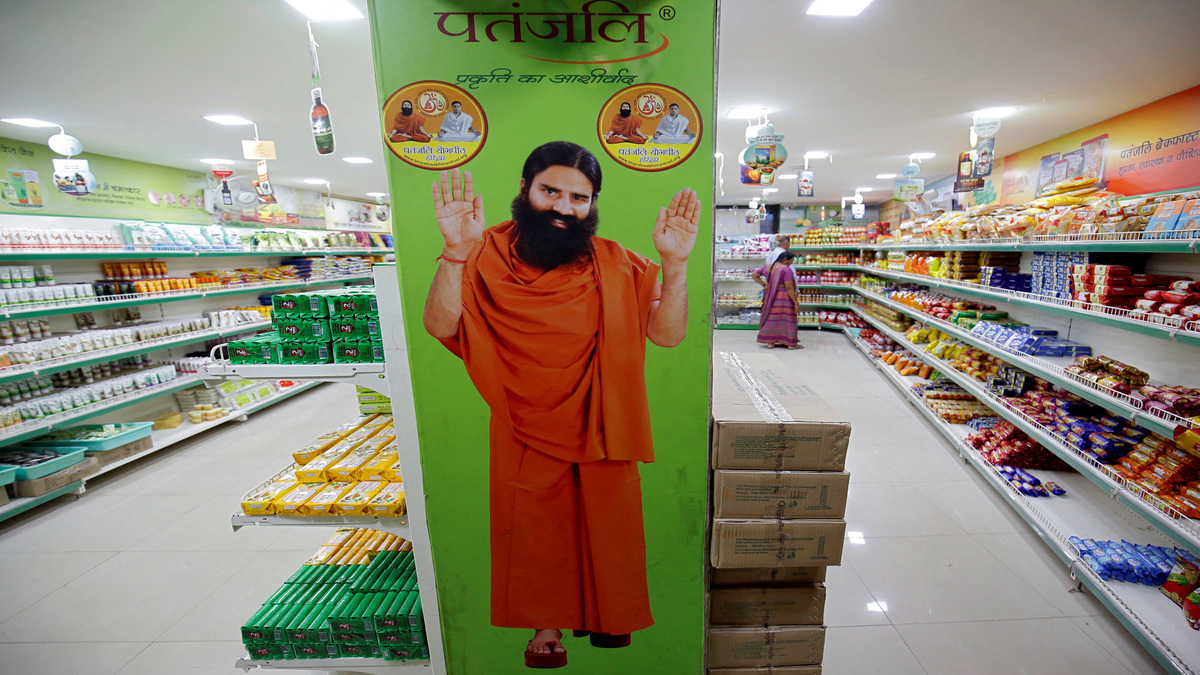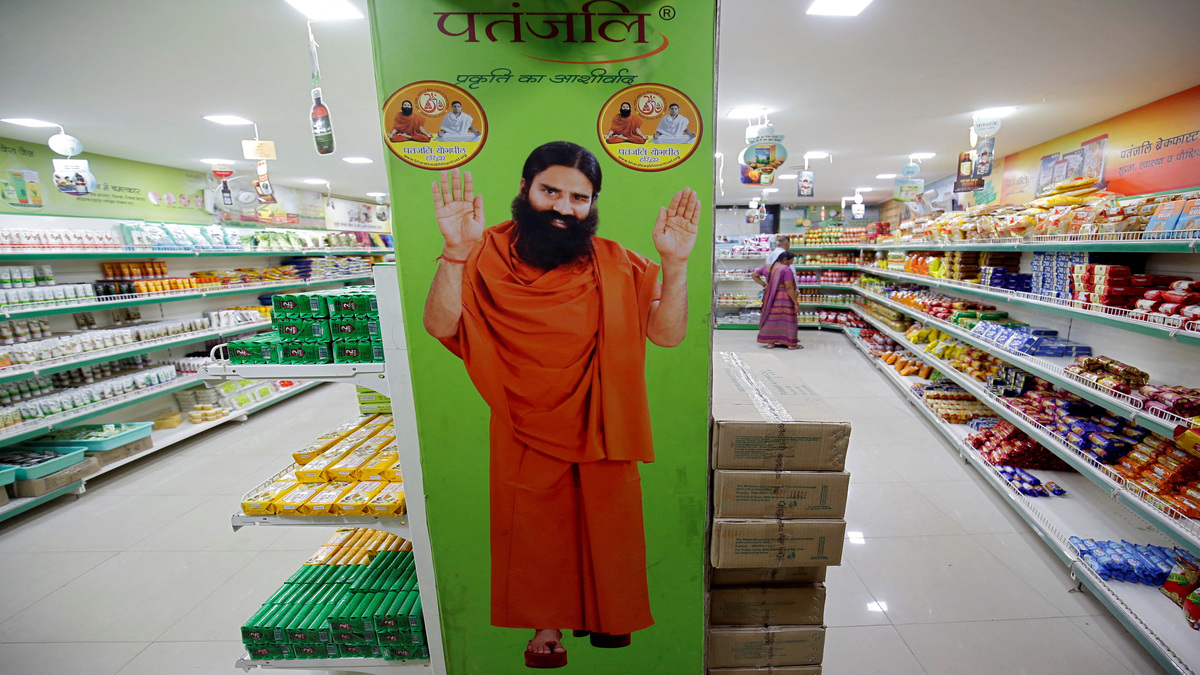According to a written reply to a question in the Lok Sabha, there are only two women judges in the Supreme Court and 78 in various high courts of the country.
There are several high courts across the country including those in Patna, Manipur, Meghalaya, Telangana, Tripura and Uttarakhand that do not have a single woman serving at all.
Whereas places like Gauhati, Himachal Pradesh, Jammu and Kashmir, Jharkhand, Rajasthan and Sikkim have just one female judge.
The Ministry of Law and Justice of India was asked five questions in the Lok Sabha.
The first three questions were about the number of female judges in the Supreme Court, the High Courts, Tribunals and the subordinate judiciary.
The response was that the details of female Judges in Tribunal and Information and Subordinate Judiciary are not centrally maintained.
Further, the Government was questioned over steps taken to increase the representation of women in judiciary, and consideration on implementing reservations to increase the same.
In response to which, Ravi Shankar Prasad, the Minister of Law and Justice of India, said that the appointments of high court judges are made under Articles 217 and 224 of the Constitution.
“These Articles do not provide for reservation for any caste or class of person including women. The Government has, however, been requesting the Chief Justices of the High Courts that while sending proposals for appointment of Judges, due consideration be given to suitable candidates belonging to Scheduled Castes, Scheduled Tribes, Other Backward Classes, Minorities and Women,” he said.
But this due consideration has clearly not resulted in more women judges.
Which brings us to an important question: Where are the women judges?
Watch the video to know how representative the judiciary is.


)




)
)
)
)
)
)
)
)